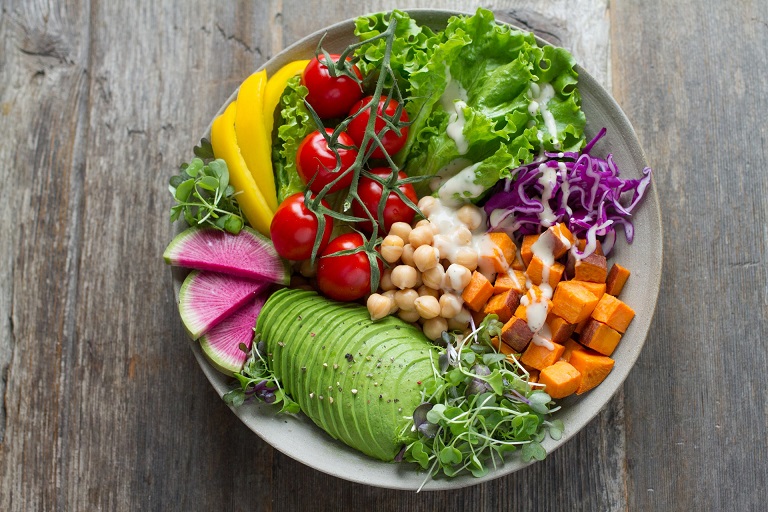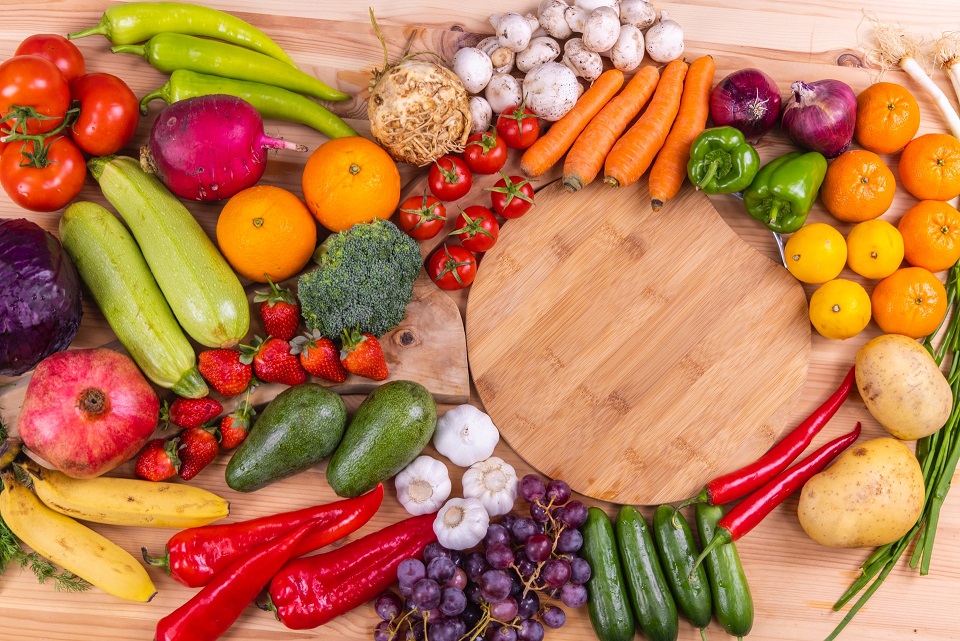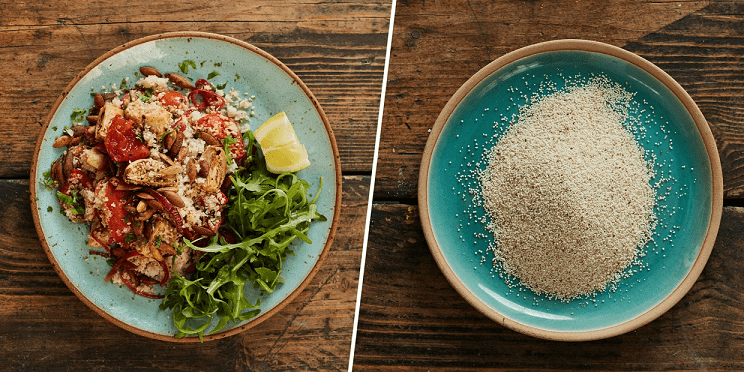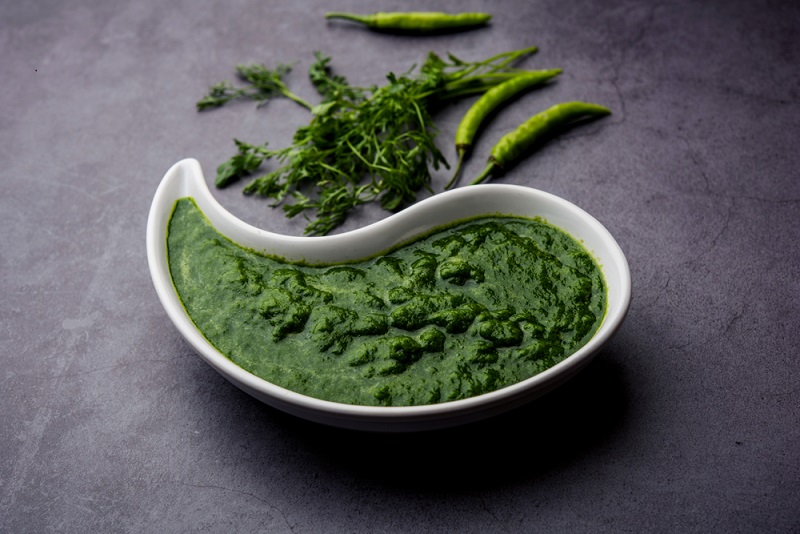A Journey Through the Mediterranean
Close your eyes and imagine the sun-drenched landscapes of the Mediterranean – the gentle sway of olive trees, the earthy scent of freshly pressed olives, and the golden hues of liquid sunlight pouring from bottles of olive oil. In this article, we embark on a journey to uncover the rich history, cultural significance, and unparalleled elegance of olive oil.
A Brief History: From Ancient Roots to Modern Elegance
An Ancient Elixir
Olive oil holds a storied history that spans millennia. Dating back to ancient civilizations such as the Greeks, Romans, and Egyptians, olive oil was revered for its culinary, medicinal, and symbolic significance. It was not only a staple in Mediterranean cuisine but also used in religious ceremonies, skincare rituals, and as a symbol of peace and prosperity.
The Art of Olive Oil Production: From Grove to Table
The Harvest
The process of producing olive oil is a labor of love that begins with the careful cultivation and harvesting of olives. Traditionally harvested by hand or with the help of modern machinery, ripe olives are carefully plucked from the branches and transported to the mill for pressing.
The Pressing
Once at the mill, the olives undergo a gentle pressing process to extract their precious liquid gold – olive oil. This process may vary depending on the desired quality and type of oil, with options ranging from cold-pressed extra virgin olive oil to refined olive oil for cooking.

The Many Faces of Olive Oil: Exploring Varieties and Grades
Extra Virgin: The Jewel of the Olive
Extra virgin olive oil, often referred to as the jewel of the olive oil world, is prized for its superior quality and rich flavor profile. Made from the first pressing of the olives, extra virgin olive oil boasts a low acidity level, fruity notes, and a vibrant green color. It is best enjoyed drizzled over salads, bread, or grilled vegetables to showcase its delicate flavors.
Virgin: A Versatile Companion
Virgin olive oil, while not as highly prized as extra virgin, still offers excellent flavor and versatility in the kitchen. With a slightly higher acidity level and milder flavor profile, virgin olive oil is suitable for cooking, baking, and sautéing, adding depth and richness to a wide range of dishes.
Health Benefits and Culinary Delights: The Versatility of Olive Oil
Heart-Healthy Elixir
Beyond its culinary appeal, olive oil is celebrated for its numerous health benefits. Rich in monounsaturated fats, antioxidants, and anti-inflammatory compounds, olive oil has been linked to a reduced risk of heart disease, improved cholesterol levels, and better overall health.
A Culinary Essential
In the kitchen, olive oil is a culinary essential that adds depth, flavor, and richness to dishes of all kinds. Whether used as a dressing for salads, a marinade for meats, or a finishing touch for soups and stews, olive oil elevates the taste and texture of every meal it touches.






